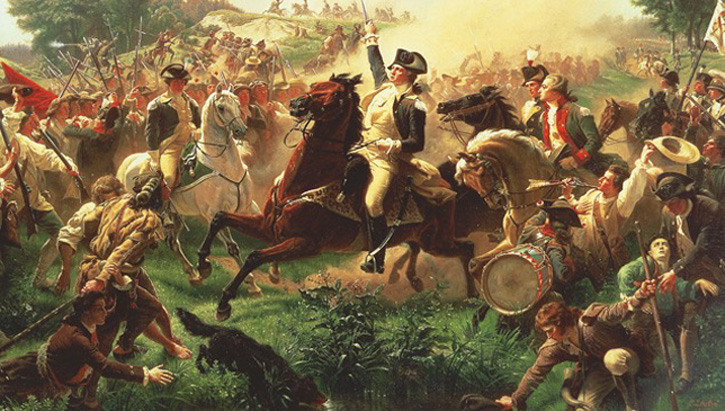Weatherman2020
Diamond Member
“More than two years on, the best scientific evidence says that masks don’t stop Covid—and public health officials continue to ignore it as they impose mandates at schools, colleges and military bases.”
California: 99.9% school kids forced to wearing masks all day.
Florida: No kids forced to wear masks.
Zero difference in health statistics.

 www.city-journal.org
www.city-journal.org
California: 99.9% school kids forced to wearing masks all day.
Florida: No kids forced to wear masks.
Zero difference in health statistics.

Masks Still Don’t Work
Masks are back in San Diego, California, where the school board has just decreed that students must cover their faces or be barred from setting foot inside a classroom. Never mind that, per CDC statistics and Census Bureau population figures, more than 99.99 percent of children in California...
 www.city-journal.org
www.city-journal.org
